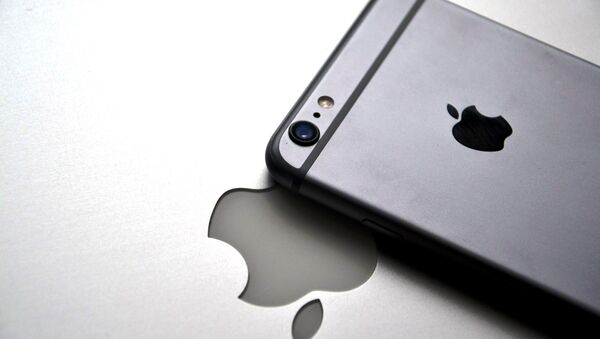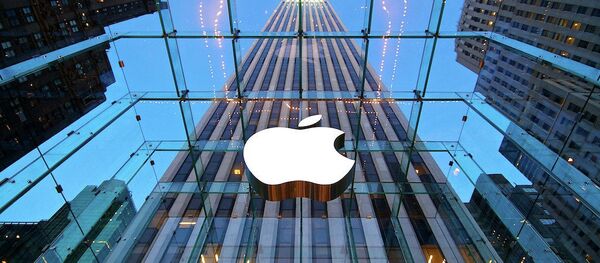The ruling is significant in that it is the first of its kind, and other similar ruling against major companies are likely to follow and could put a strain on relations between the EU and the US where many of the companies using the special tax arrangements are based. That in turn could deal another blow to the Transatlantic Trade and Investment Partnership (TTIP).
2011: #Apple was paying €500 in tax per €1million in profit. By 2014: €50 in tax per €1million in profit @Vestager pic.twitter.com/71eG4ppsKn
— European Commission (@EU_Commission) 30 August 2016
Apple's Chief Executive Tim Cook denied there was a special deal between Apple and the Irish Government and said the deal was "maddening."
"This comes from a political place and has no basis in fact or law," Cook told Irish broadcaster RTE.
Now the Irish Government is also set to take on Brussels, believing that the European Commission is accusing a member state of acting illegally. Irish Minister for Finance Michael Noonan has recommended that the decision be appealed.
EU States v Brussels v Washington
This is likely to set up a confrontation within the EU, with member states arguing that it is their sovereign right to set tax legislation and that the Brussels machine should not interfere in national matters.
However, since the LuxLeaks and Panama Papers revelations — in which hundreds of firms were found to be using special deals within the EU or offshoring assets to reduce their tax bills — there has been a public outcry over the special tax arrangements.
The European Commission has already ruled that Starbucks has benefited from tax arrangements in the Netherlands that constitute state aid, a decision which is being appealed. The same is true of Fiat Finance and Trade in Luxembourg. Although the Commission has not issued a final ruling, its preliminary views is that special tax arrangements in Luxembourg constitute state aid to Amazon.
Not only will there by an unholy row within the EU over "sweetheart deals," but the issue is likely to strain relations with Washington. Ahead of the Apple ruling, the US Treasury criticized the European Commission's tax probe into Apple, Starbucks, Fiat (now Fiat Chrysler Automobiles), and Amazon, claiming that it should not be able to collect back-taxes on the companies in Europe.
US voters don't have much sympathy for #Apple in its tax row with the EU (3,769 polled by @YouGov yesterday) pic.twitter.com/UOGxBjKdqu
— Tim Montgomerie ن (@montie) 1 September 2016
"[The] Commission is seeking to recover amounts related to tax years prior to the announcement of this new approach-in effect seeking retroactive recoveries. Because the Commission's approach departs from prior practice, it should not be applied retroactively," the report said.




